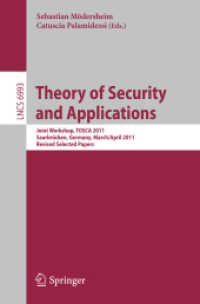Full Description
font-family: 'Times New Roman',serif; mso-fareast-font-family: 'Times New Roman'; The emergence of small kinase inhibitors in cancer treatment offers a strategic approach to the management of cancer that surpasses the efficacy of traditional drugs.








